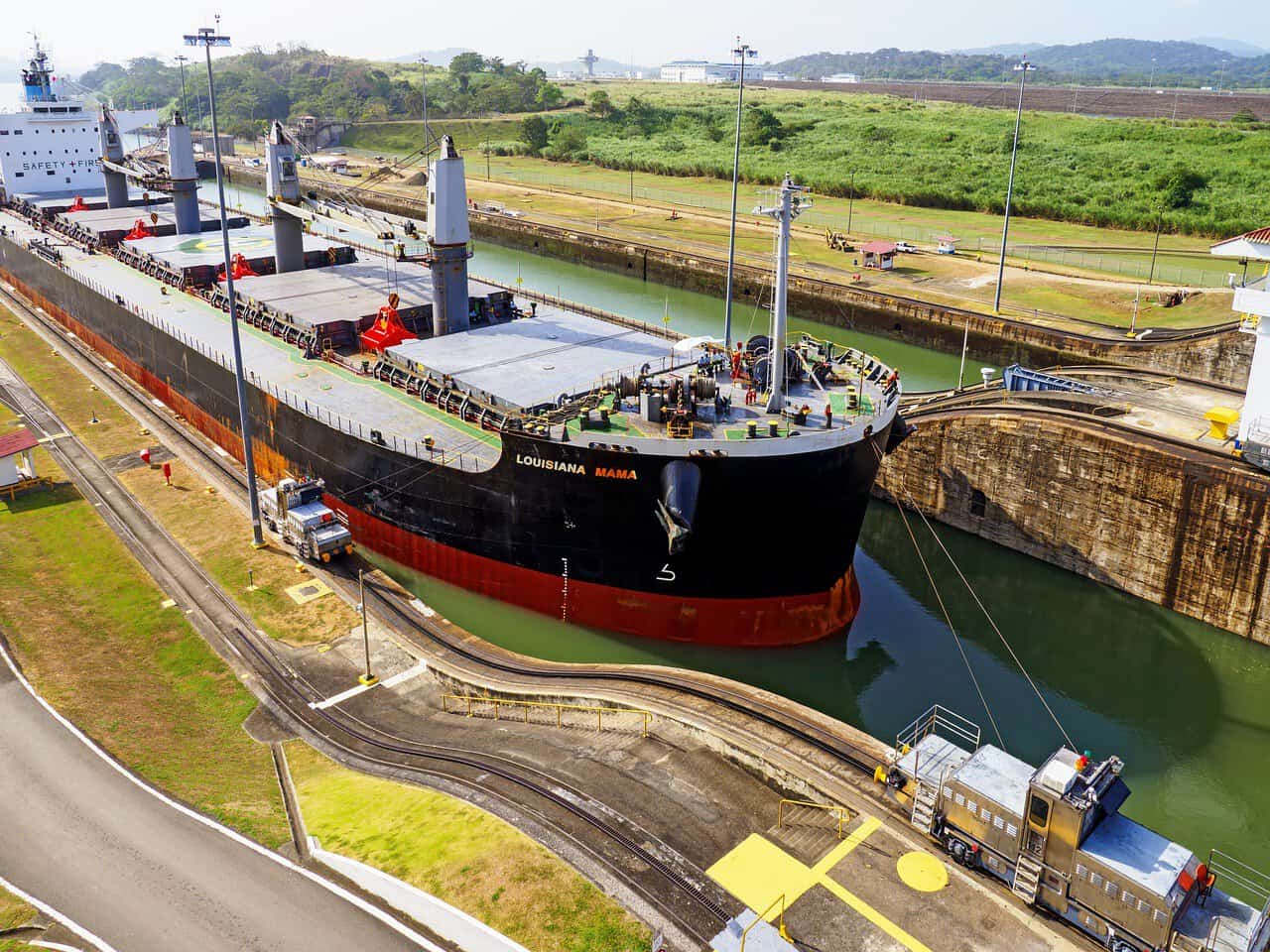Panama, a narrow Central American nation holding presidential elections this Sunday, has gained prominence in the regional migration crisis despite its thriving economy driven by the interoceanic Panama Canal. The country’s strategic location and the Panama Canal, which handles 6% of world maritime trade, have contributed to its economic growth, with the United States and China being its main users.
However, Panama’s political system has been marked by clientelism and corruption, with former President Ricardo Martinelli recently seeking asylum to avoid imprisonment for money laundering.
The country’s reputation has been tarnished by its status as a tax haven, further exacerbated by the “Panama Papers” scandal in 2016, which revealed widespread tax evasion and money laundering through Panamanian law firms. Despite legal reforms introduced after the scandal, Panama remains on the European Union’s list of “tax havens.”
Additionally, the country faces challenges such as poverty, a shortage of drinking water, and a deficient garbage collection system, while the inhospitable Darién jungle on the Colombian border serves as a perilous passage for migrants traveling from South America to the United States.
The Canal
The Panama Canal, 80 km long, connects the Pacific with the Atlantic and handles 6% of world maritime trade. Its main users are the United States and China, with which the country has strengthened its economic and investment ties after breaking with Taiwan in 2017.
The United States completed it in 1914, after a failed French attempt. For 86 years, the Canal Zone was a State within another State.
In 1977, U.S. President Jimmy Carter and Panamanian nationalist general Omar Torrijos signed agreements to transfer the canal to Panama by the end of 1999. Expanded in 2016, it is the engine of the country’s economy, which grew 7.3% in 2023.
Noriega and the USA
On December 20, 1989, the U.S. Army invaded Panama and overthrew dictator Manuel Antonio Noriega, whom they captured and took to the United States, where he was convicted of drug trafficking.
Officially, the invasion left about 500 dead, but some organizations claim there were thousands, especially in the bombing of the El Chorrillo neighborhood, near Noriega’s headquarters. After the invasion, Panama dissolved the army. Since then, there have been periodic elections.
Noriega was imprisoned for drug trafficking, money laundering, and the disappearance of opponents in the United States, France, and Panama, where he died in 2017.
The “Panama Papers”
The image of a “tax haven” worsened with the “Panama Papers” scandal in April 2016, when the International Consortium of Investigative Journalists reported that personalities from around the world evaded taxes and laundered capital through the Panamanian law firm Mossack Fonseca.
The investigation was based on the leak of 11.5 million documents from the law firm. Rulers, politicians, bankers, athletes, and artists hid properties, companies, assets, and profits through the creation of opaque companies in Panama.
After the “Panama Papers”, the country introduced legal reforms, but the European Union keeps it on its list of “tax havens”.
The “Dubai of the Americas”
Panama’s capital is the city of skyscrapers in Latin America. Former President Ricardo Martinelli (2009-2014) promoted Panama as the “Dubai of the Americas” for its skyscrapers, casinos, 150 banks, and the only subway in Central America.
But the country, with 4.4 million inhabitants, has a poverty rate of 22%, a shortage of drinking water, and a deficient garbage collection system.
Its political system is marked by clientelism and corruption. Martinelli was convicted of money laundering and took asylum in February at the Nicaraguan Embassy to avoid going to prison.
But Panama is also a land of folklore and music. It is the birthplace of salsa singer Rubén Blades, author of the popular song “Pedro Navaja”, and former boxer Roberto “Hands of Stone” Durán.
The Feared Darién
The Panamanian territory is jungle-like, and the most inhospitable area is the Darién jungle, bordering Colombia. The Pan-American Highway could never be completed there, and now it serves as a passage for migrants who travel from South America to the United States: more than half a million in 2023.
The migrants, mostly Venezuelans, Haitians, Ecuadorians, Colombians, and Chinese, face the danger of criminal gangs, wild animals, and mighty rivers.





